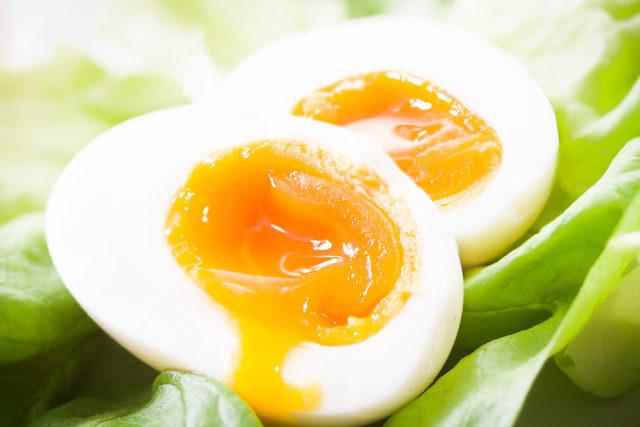For many years, eggs have been one of the most controversial foods in the scientific community regarding their effects on human health. Previously, egg consumption was believed to raise cholesterol, so general health advice was to limit egg consumption to a few per week.
However, recently, scientific evidence has shown that eggs are not harmful to health and improve some biochemical processes in the body.
In general, animal fats are seen as unhealthy, mainly due to their high saturated fat content, and it is recommended to limit them in the diet. Saturated fats have been public enemy #1 in the food industry for years, as they are strongly linked to the development of various cardiovascular diseases and diseases such as high blood pressure. However, there is evidence to suggest that saturated fat is not harmful on its own, but rather depends on the food that contains it. This means that foods such as milk or eggs are not classified as unhealthy foods.
In addition, when the nutritional composition of the egg is examined, it is seen that it also contains a high amount of unsaturated fat, its ratios are even higher than saturated fats, and monounsaturated fats stand out more than others.
5 REASONS TO EAT MORE EGGS
The myth that eggs raise cholesterol has already been debunked and limiting their consumption is no longer recommended. Eggs are a healthy food and today we list 5 reasons why you should include it in your daily diet more often.
HIGH QUALITY PROTEIN
In terms of proteins, eggs are one of the foods with the best protein profile in nature. Since the egg has all the amino acids necessary for the proper functioning of the human body, it is considered a reference standard when writing the protein composition of other foods. This doesn’t mean we can’t get protein from other sources, but it will always be easier to get quality protein from eggs than from other food types.

Egg protein also contains all 9 essential amino acids that will allow your body to get the most out of it. In addition, a single egg contains 6 to 7 grams of protein, so consuming 1 or 2 eggs a day will help increase your protein intake.
DOES NOT RISE CHOLESTEROL, LOWERS IT
Eggs have been shown to not only increase bad cholesterol (LDL), but also help increase good cholesterol (HDL) thanks to unsaturated and monounsaturated fatty acids such as oleic acid. It also contains high amounts of vitamins and minerals such as iron, phosphorus, potassium, magnesium, vitamin B12, vitamin B1 and vitamin B2, as well as vitamins A, D and E.
HELP LOSE WEIGHT
In addition to its high protein content, egg is a food with only 75 calories per unit and zero grams of carbohydrates, making it a particularly suitable food for diabetics. In addition to its nutritional values, it has also been proven to help with weight loss, as it is satiating and allows you to take fewer calories at the end of the day without realizing it.
IT IS VERY USEFUL FOR SPORTS
B group vitamins are very important for people who do sports regularly. These are directly involved in the energy production process and athletes need an extra amount. On the other hand, egg protein has been shown to support post-exercise recovery and help gain muscle mass with exercise.
DELICIOUS AND EASY TO PREPARE
Eggs are a relatively inexpensive food, very nutritious and can also be prepared quickly in many different ways. No matter which recipe you use, eggs are very nutritious and healthy.
HOW MANY EGGS CAN BE EATED PER WEEK?
There is no recommended figure for all people. However, there is currently no reason to limit egg consumption. Several large studies of moderate egg consumption have concluded that consuming 1 egg per day is not associated with a risk of heart disease in healthy individuals.
However, this recommendation should be tailored to the individual needs of each person, taking into account other factors other than diet, such as physical activity. Additionally, it should be noted that other foods, such as whole grains and fruits, are much more strongly associated with a lower risk of heart disease.
How many eggs can be eaten with a balanced diet depends on individual needs.
